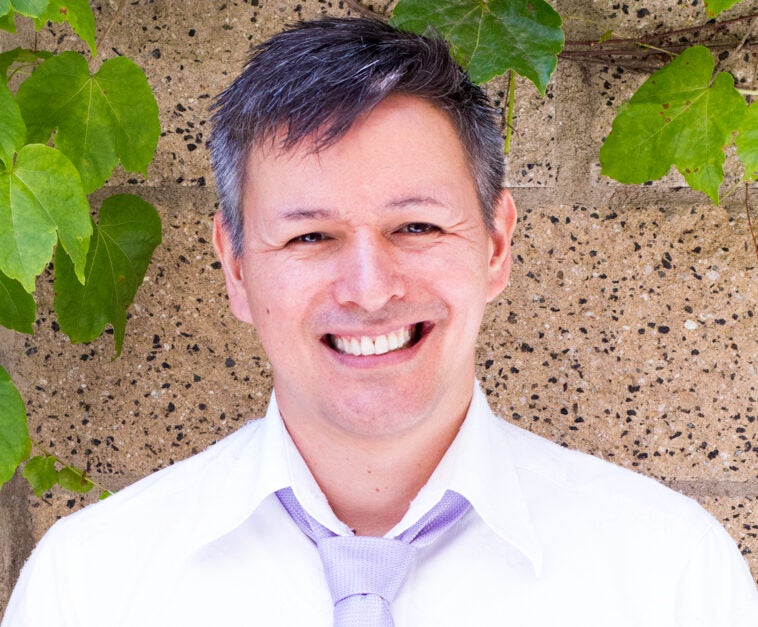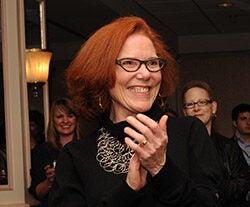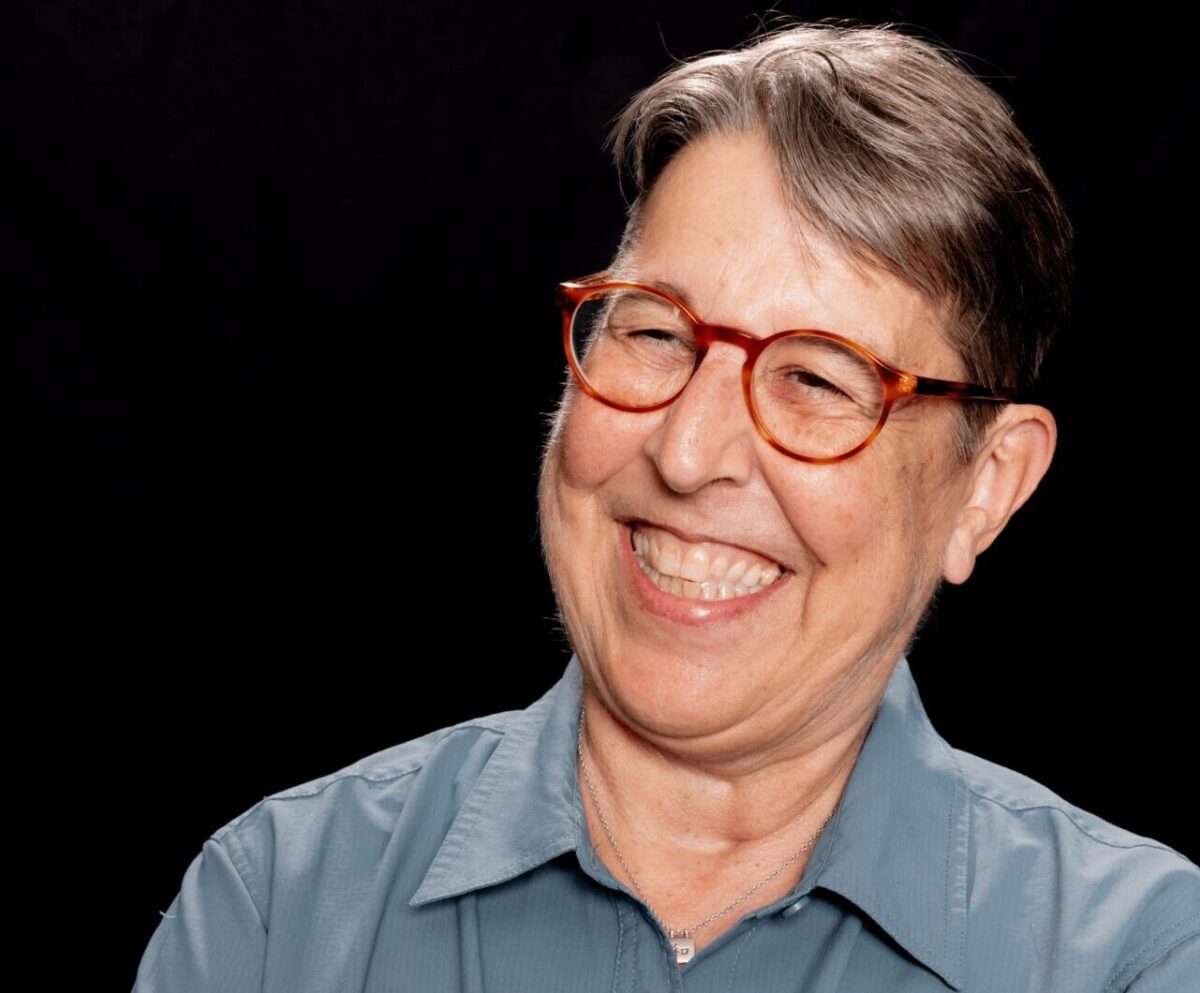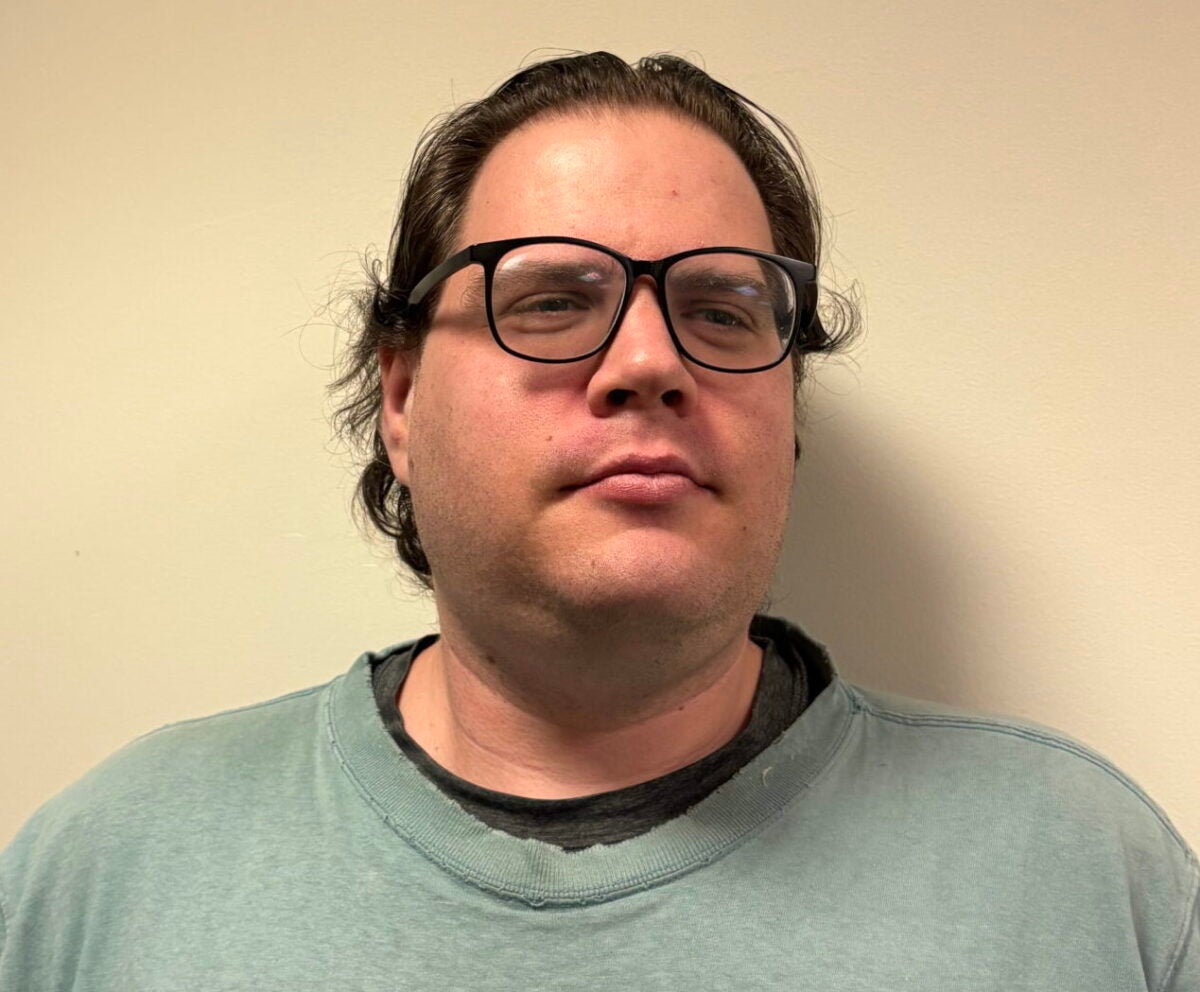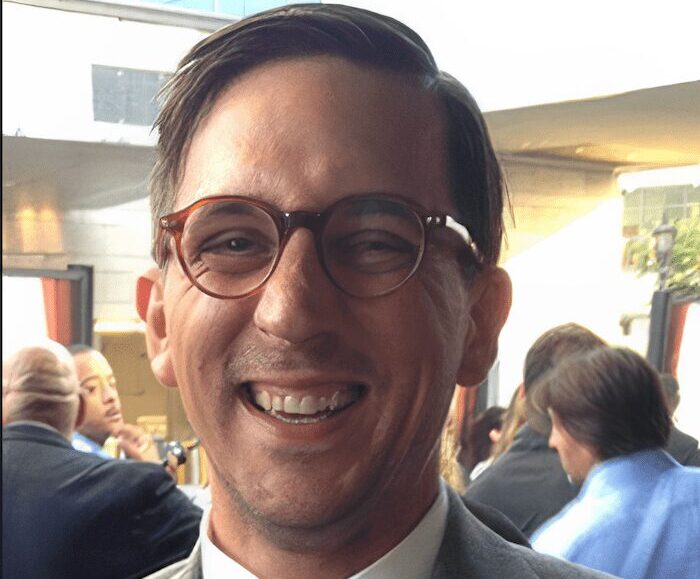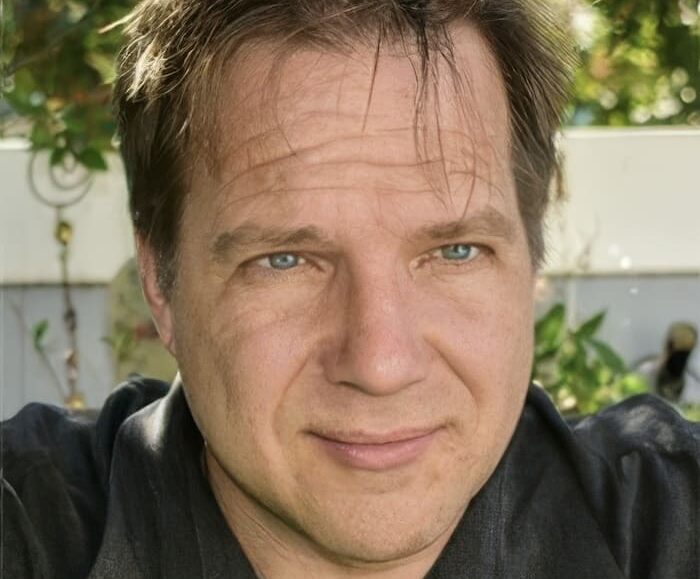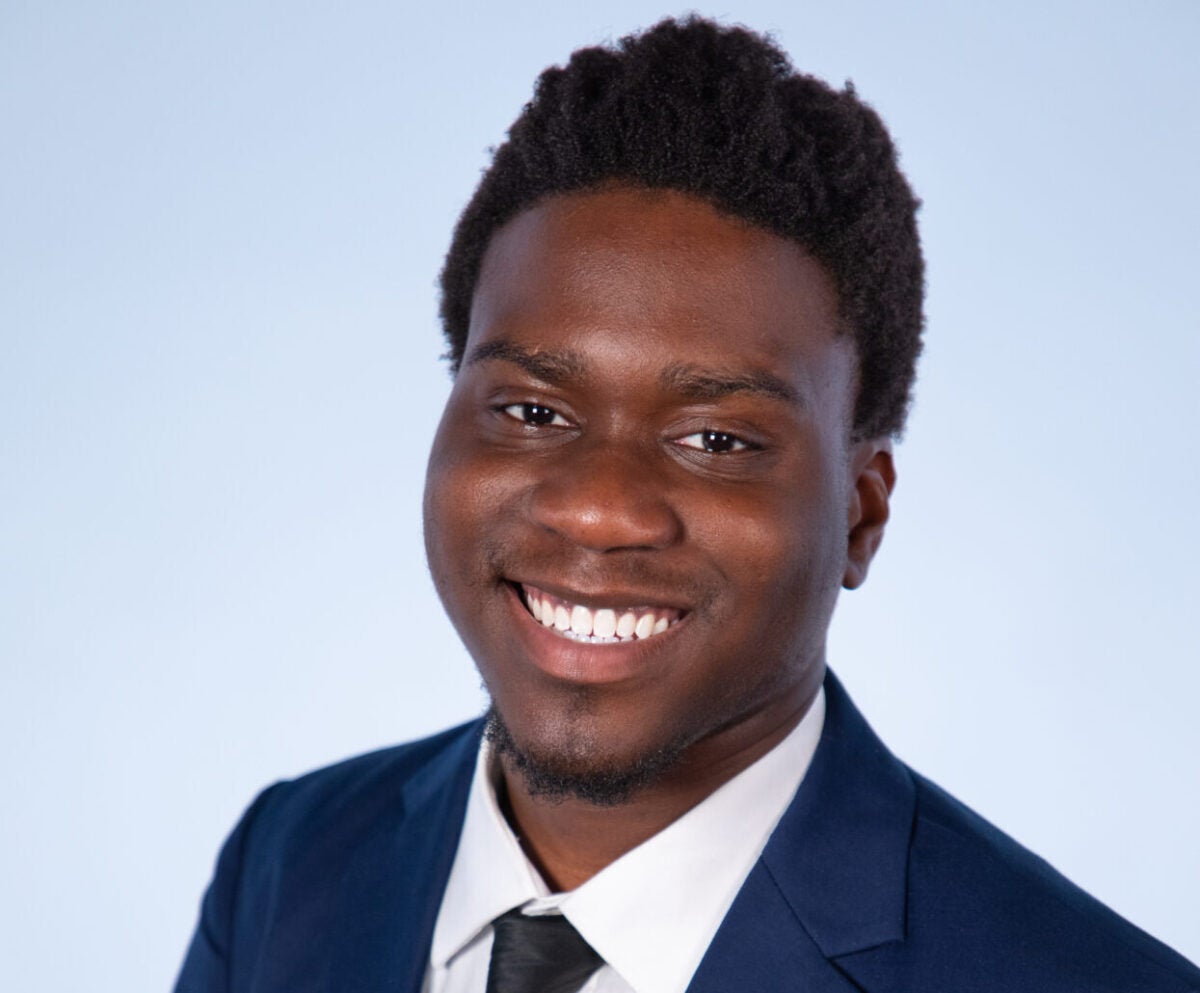Cinema & Media Studies MA

Whether aiming for a career in academia or the bustling world of entertainment, the Cinema and Media Studies Program at UCLA equips students with historical insights, theoretical frameworks, and practical skills to navigate an ever-evolving media landscape.
Two distinct MA tracks are presented within CMS: the Academic Track and the Professional Track.
World-Class Faculty
Requirements
The CMS Media Professions MA Degree Track is an MA for students planning to pursue careers in film and media festival programming, archives, and the entertainment industry. The degree can be completed in three quarters, but students are permitted to take up to seven quarters to complete. This degree offers the option of a professional internship, which students should begin to seek in their first quarter of residency. Completing the Media Professions MA Degree Track requires successful completion of 36 units and at least 9 courses.
The PhD Program is intended primarily for students who wish to build a career around excellence in university teaching and research. The PhD Program requires successful completion of a minimum of 7 Core Courses and at least 7 elective courses (not counting those completed at the Masters level) and successful completion of the Intellectual Statement, Sixth Quarter Review, Comprehensive Exam, Prospectus Review, Foreign Language Requirement at level three or higher and successful submission and defense of the Dissertation.
CMS Media Professions MA Degree Track
Completing the Media Professions MA Degree Track requires successful completion of 36 units and at least 9 courses, which consist of the following:
Required: 4 Core Courses: These courses are required during the 1st year in the CMS Media Professions MA Degree Track.
- FTV 210 Common Course (Fall)
- FTV 215 Theory and Method (Fall)
- FTV 211 Historiography: Media, History and the Archive (Winter)
- FTV 213 Capstone Seminar (Spring)
Required: 5 Elective Graduate Seminar Courses
- A maximum of two elective courses may be taken outside of CMS.
Recommended: Internship:
- FTV 498 Professional Internship: students are encouraged to seek internships as part of their professional development. This course is recommended but not required.
Recommended: Teaching Assistant Training
- FTV 495A, Section 1 TA Training: students are encouraged to enroll in the TA Training course. Students who have been awarded at Teaching Assistant position or who wish to apply, must have completed or be currently enrolled in 495A to accept a TA position (offered one time/year in fall).
Recommended: CMS Colloquium
- FTV 212 CMS Colloquium (Fall, Winter): students are encouraged to enroll in or attend the CMS Colloquium during all quarters to participate in screenings, research presentations and discussions. May be repeated for credit. Even if students are not enrolled, they are encouraged to attend the lectures as a practice of engaging in the intellectual community of the program.
